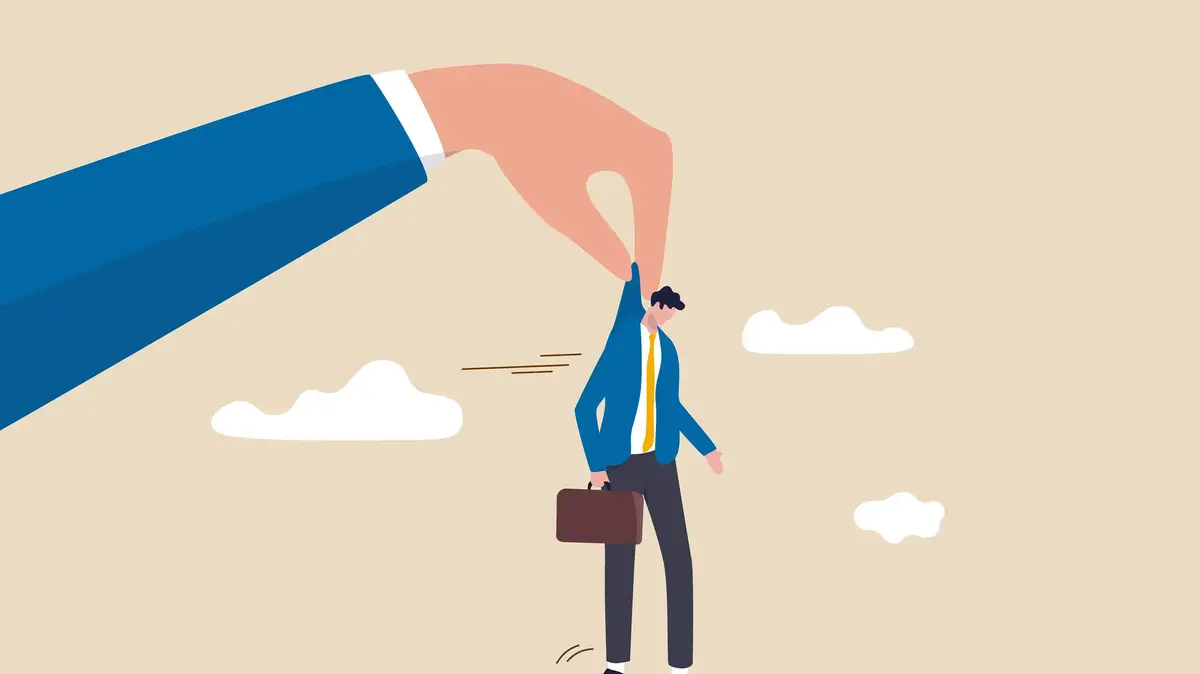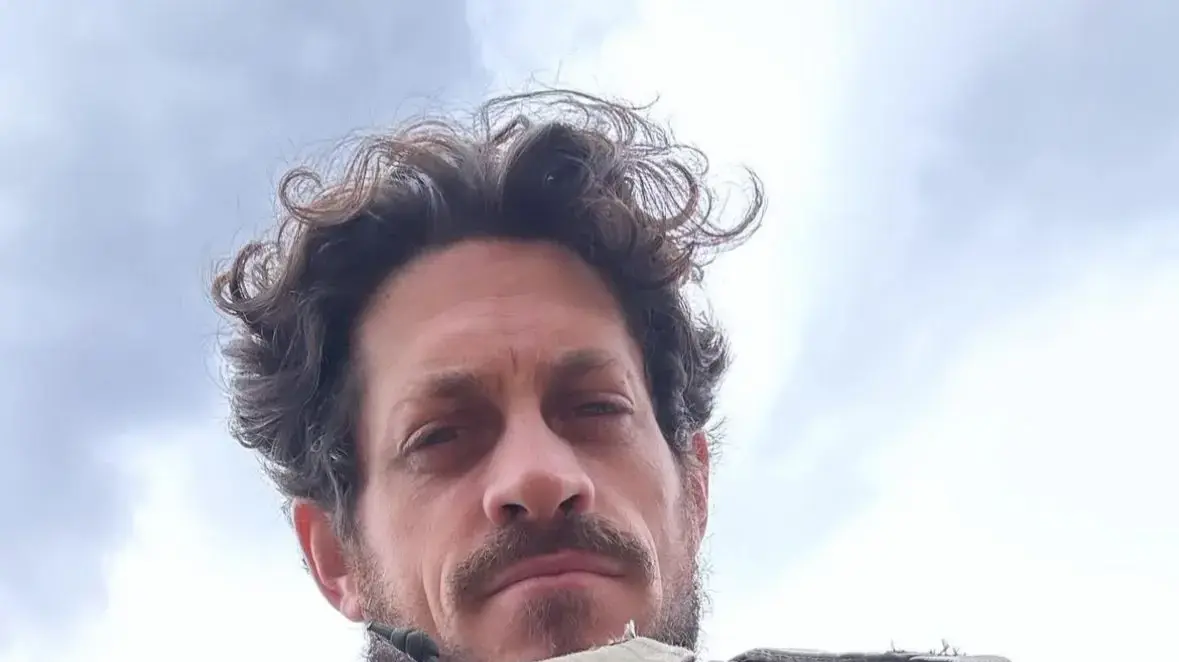The most common and common emotional abuse common to all people (Photo: ShutterStock)
Rejection is probably the most common and common emotional injury shared by all human beings. Once upon a time, the risk of rejection was limited only to our immediate social circle, because that was the limitation of social interactions. Today, thanks to instant electronic communication and social networks, each of us is connected to hundreds and thousands of people with whom we interact, and each of them can ignore our posts, messages, phone call, etc., leaving us feeling micro-rejected.
In addition to these, there are still larger, more upsetting events, and we are still exposed and vulnerable to significant and painful rejection experiences, not to mention crushing in some cases. When a partner breaks up with us or "just" stops touching us, when we get fired from a job, when our friends ignore us, or when family members boycott us, the pain we feel can be paralyzing.
Whether it's a micro-rejection or a big, meaningful rejection, there's one thing these experiences always have in common – they're always painful, and usually more than we expect.
Why is it so painful?
The question is, why? Why is it that when we don't reply to a message, or when someone doesn't like a photo we uploaded from our family vacation, or when someone tells us (even if in a polite way) that they are not interested in us, why does it hurt us so much and why does it sometimes arouse difficult feelings in us such as anger and disappointment, and why does it make us feel bad about ourselves?
The answer may surprise you, and it's right in your head, in your brain—our brains are "wired" to respond this way. When a group of researchers hooked up participants to an fMRI machine and asked them to recall rejection experiences, they found something quite amazing—the areas of the brain that showed increased activity while remembering the rejection experience were the same brain regions that work when we experience physical pain. And that's why even micro-rejections are more painful than we think they should be, they just provoke, literally, a sense of pain.
In recent years, there are more and more studies showing similar results focused on specific brain regions such as the anterior cingulate cortex (an area involved in the sensation of physical and emotional pain and plays a central role in processing distressing aspects during social exclusion), the insula (an area involved in processing emotions and physical sensations), the prefrontal cortex (an area responsible for higher cognitive processes including self-awareness, decision making, and emotional regulation), and the opioid system (responsible for regulating pain, among other things).
Why does it hurt us so much? (Photo: ShutterStock)
Okay, so our brains are wired this way, but why is it wired this way, and what does rejection do to us emotionally?
This development is evolutionary. Once upon a time, when we were a society of hunters and gatherers, even if we wanted to, we couldn't survive alone, we just needed the tribe or group to live. Rejection of the group meant death. As a result, we developed a mechanism that tells us when we are in danger and are going to be kicked off the island—this mechanism is the detection of rejection, and those who experienced rejection as more painful were more likely to change their behavior, remain part of the tribe, and continue to pass on their genes.
If someone did not experience rejection as painful, they did not change their behavior, so they were eventually sentenced to expulsion from the island, and death. Today almost no one will experience such serious consequences, but this survival mechanism is etched in our genes, we are still social beings. The experience of rejection today directly harms our need for belonging and the desire to be part of, who are descendants of the same need for survival.
Loss, grief, criticism and comparison
But the simple survival mechanism is not the only reason why rejection hurts us, harms our quality of life and affects our mood. Experiencing rejection also damages our sense of identity and self-worth.
We invest ourselves, emotionally and mentally, in our relationships, in our careers, in our goals, and when these are met with rejection we (sometimes) feel that our essence is rejected and rejected. It challenges our self-concept and triggers feelings of self-doubt and shame. In all these "points" in which we are invested, we are also exposed and vulnerable. This vulnerability stems from a fear of being unappreciated, unloved, and unequal. The more exposed we are, the more vulnerable we are, and when we experience rejection in such a situation, it is experienced as a personal attack on us and who we are, provoking difficult feelings such as sadness, anger, embarrassment and humiliation.
Because we are social beings, one of the things we often do without even noticing is social comparison, and when we experience rejection we tend to make more social comparisons than usual. We compare ourselves to others in terms of achievements, appearance and attributes. The big problem with this social comparison is that we are never on the winning side, certainly not when it is made when we are in a vulnerable situation just after rejection. The age of social networks intensifies social comparison because everything is (seemingly) visible all the time to everyone, and precisely when we are at a low point, Michal and Ori have just uploaded to Instagram a picture of them from their vacation in the Maldives that they received from working with their perfect new baby, and we are on the couch with a liter of ice cream.
In addition, when we experience rejection, we experience cognitive dissonance. Rejection creates a clash between our desires and expectations and reality, leading to a mismatch between us and reality. We all have expectations, desires, and beliefs about how things will develop for us, and rejection shatters those thoughts. The mismatch between our ideal vision and reality itself often leaves us confused, lost and emotionally unsettled.
Finally, in many cases, rejection involves feelings of loss and grief. Sometimes rejection is of something that hasn't started yet (if, for example, you started with someone at a bar and she turned you down), and sometimes it's the end of something that's been around for a long time, and therefore inevitably involves loss and a sense of mourning for that loss. In such cases, recognizing the loss and allowing ourselves time to mourn it is an important and significant part of the process of overcoming and healing, allowing us to move gradually towards acceptance and growth.
Allows us to develop inner strength
Rejection is a universal experience that evokes similar feelings in all people. It has important evolutionary roots, although its meaning today is fundamentally different from what it once was. Understanding that experiencing rejection really hurts, and not just saying, allows us to have a better and deeper understanding of the experience and how to deal with it, and allows us to build more resilient resilience and self-compassion. Recognizing that rejection – whether micro-rejection or significant rejection – is an inevitable part of life and that we will all encounter it at different stages and situations, will allow us to learn from these unpleasant experiences, develop inner strength and shape our way of realizing our desires.
It is important to remember that although this is a very unpleasant feeling, at its depth lies the potential for self-discovery and renewed and better self-determination, of ourselves and of our way in the world. By accepting the pain of rejection, we can rise above it, above ourselves, and create a better future for ourselves.
- health
- psychology
Tags
- psychology
- Feelings









